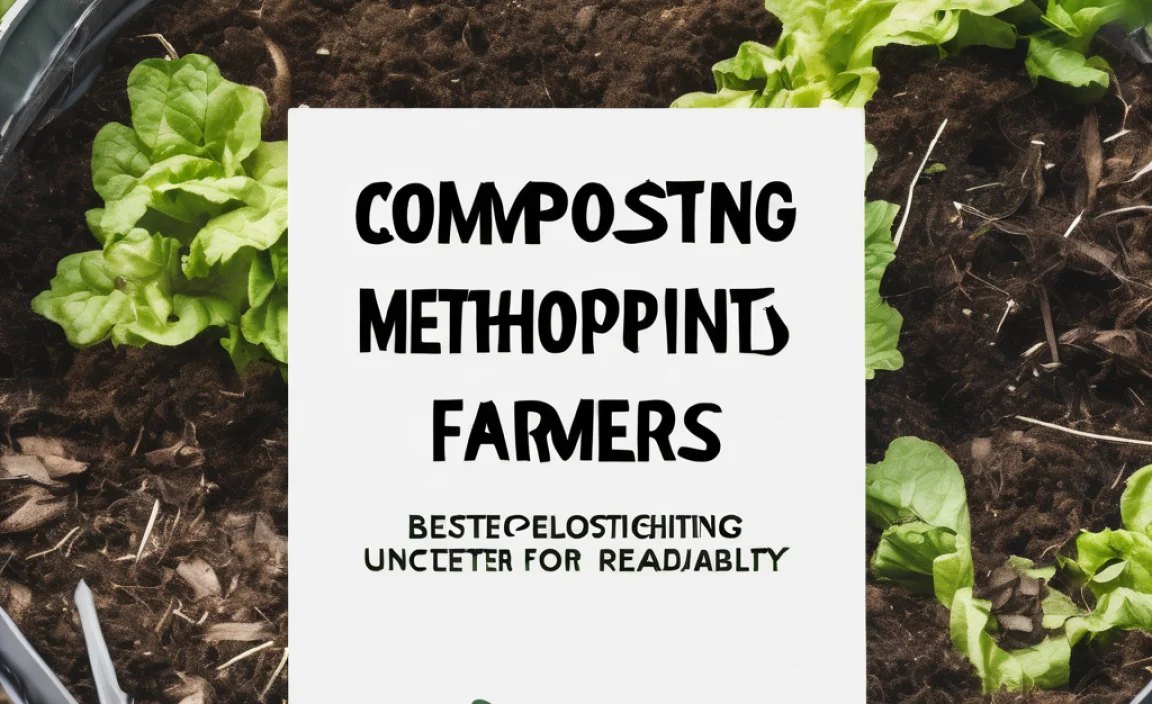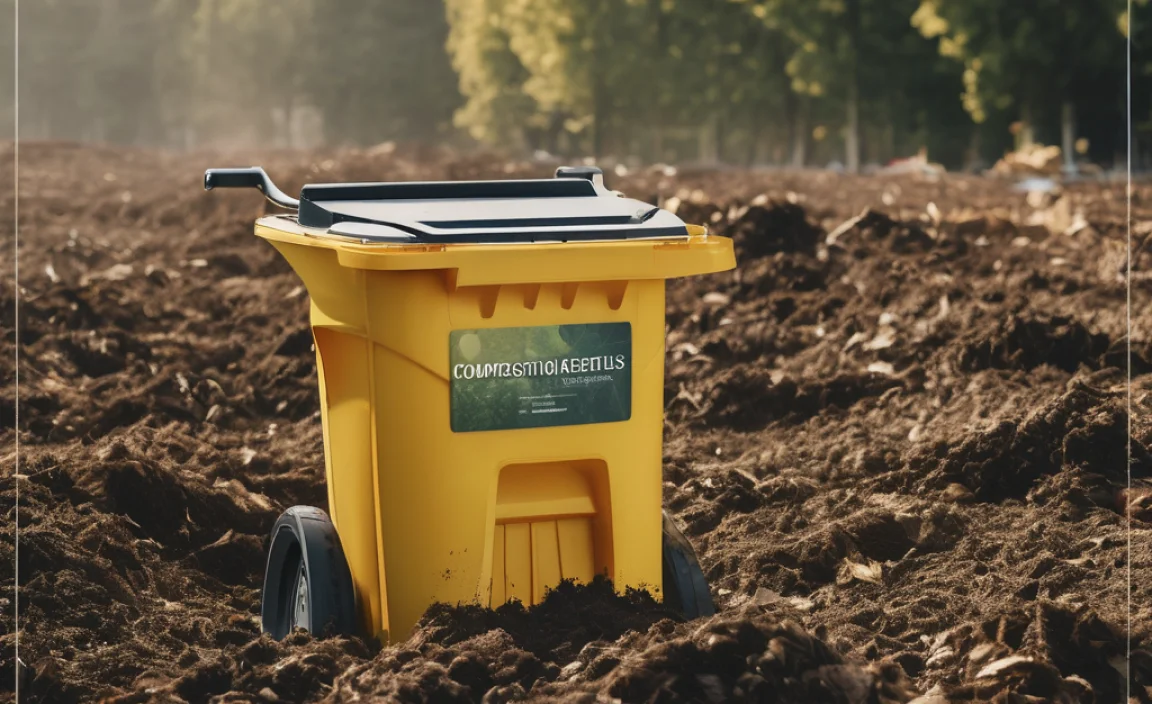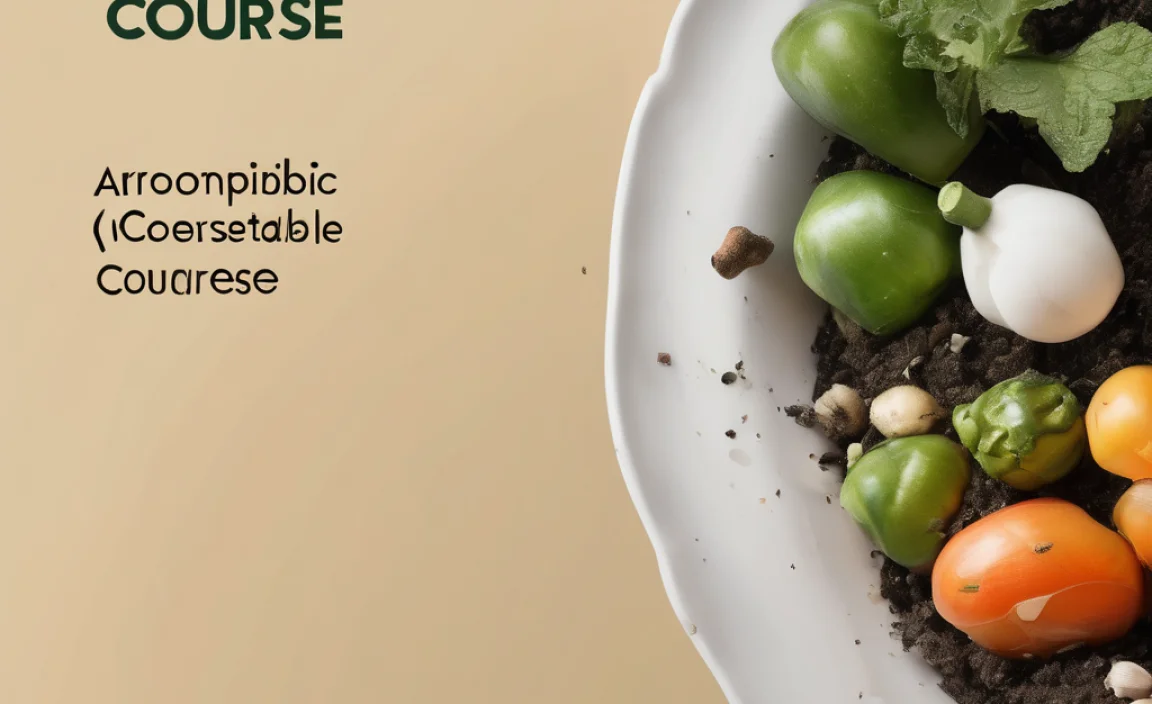A gurgling sink can be a sign of a serious plumbing problem, like a clogged or improperly vented drain. While the gurgling sound itself isn’t immediately dangerous, the underlying issues can lead to slow drainage, unpleasant odors, or even sewage backups. Addressing the cause of the gurgling promptly can prevent costly repairs and health hazards.
Ever heard that odd gurgling sound coming from your sink? It’s more than just a quirky noise. It’s your plumbing system’s way of telling you something isn’t quite right. A gurgling sink can be annoying, but it’s also a warning sign of potential problems lurking in your pipes.
Ignoring it might lead to slow drains, nasty smells, or even a sewage backup. But don’t worry! You don’t need to be a plumbing expert to tackle this. We’ll walk you through the common causes of a gurgling sink and provide simple, step-by-step solutions to get your plumbing flowing smoothly again. Let’s get started and figure out what your sink is trying to tell you!
Why is My Sink Gurgling? Common Causes
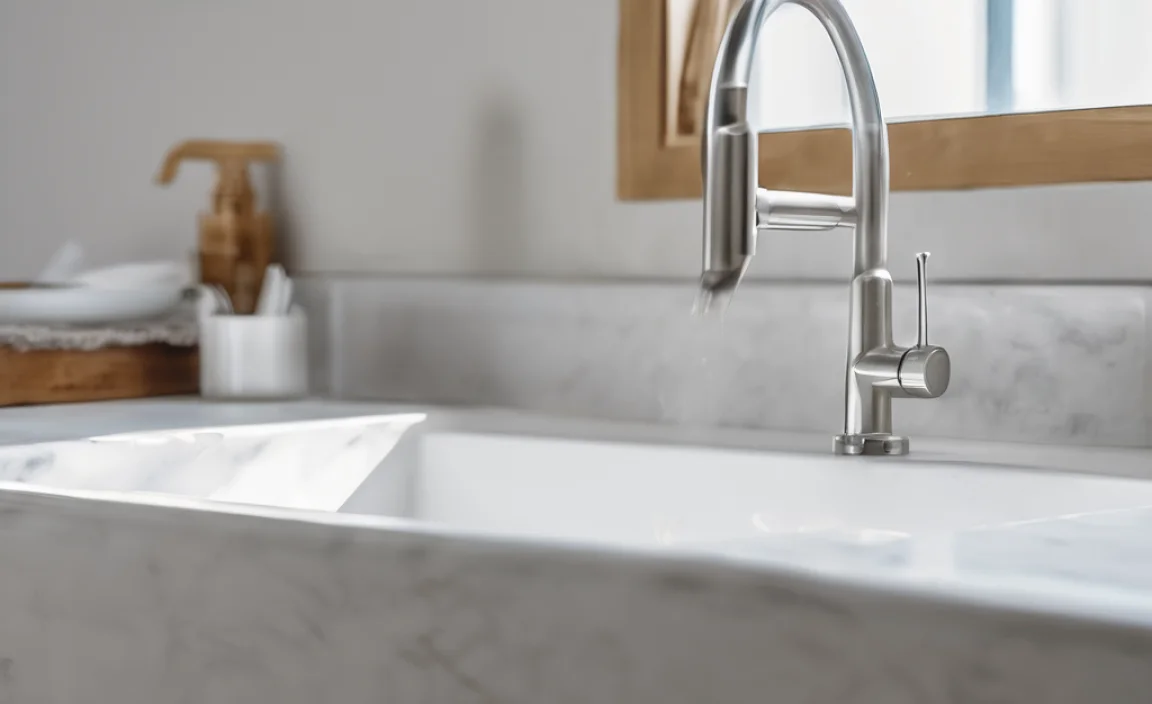
A gurgling sink usually points to issues with air pressure in your drain pipes. Here are the most common culprits:
- Clogged Drain: A partial blockage restricts water flow and traps air, causing the gurgling sound.
- Vent Problems: Plumbing vents regulate air pressure. If they’re blocked, it creates suction that pulls air through the drain, leading to gurgling.
- Sewer Line Issues: Problems in the main sewer line can affect the entire plumbing system, causing gurgling in multiple drains.
- Blocked P-Trap: The P-trap is the curved pipe under your sink. If it gets blocked, it can cause gurgling.
Is a Gurgling Sink Dangerous? Potential Risks
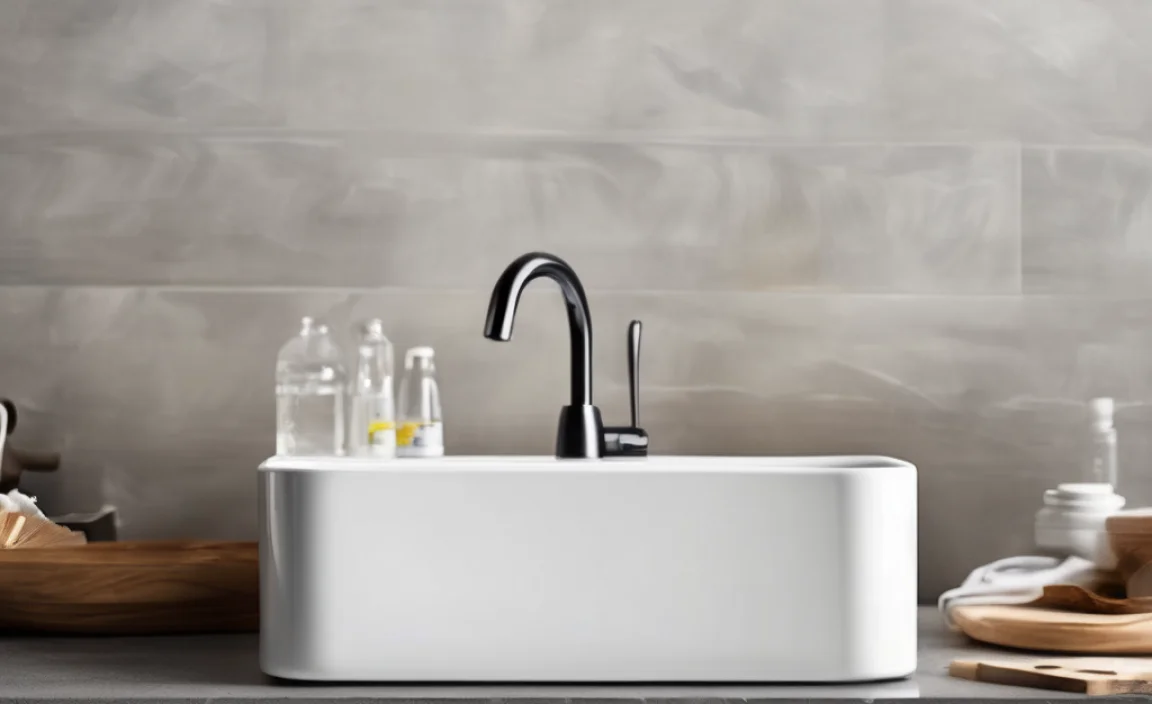
While a gurgling sink might seem like a minor annoyance, it can indicate underlying issues that pose risks to your home and health:
- Sewage Backups: A blocked drain or vent can cause sewage to back up into your sink or other fixtures, creating a health hazard.
- Water Damage: Slow drains can lead to overflows and water damage to your floors, walls, and belongings.
- Unpleasant Odors: Trapped food particles and waste in the drain can decompose, causing foul smells to emanate from your sink.
- Plumbing Damage: Ignoring a gurgling sink can lead to more serious plumbing problems, such as burst pipes or damaged fixtures.
DIY Solutions: How to Fix a Gurgling Sink
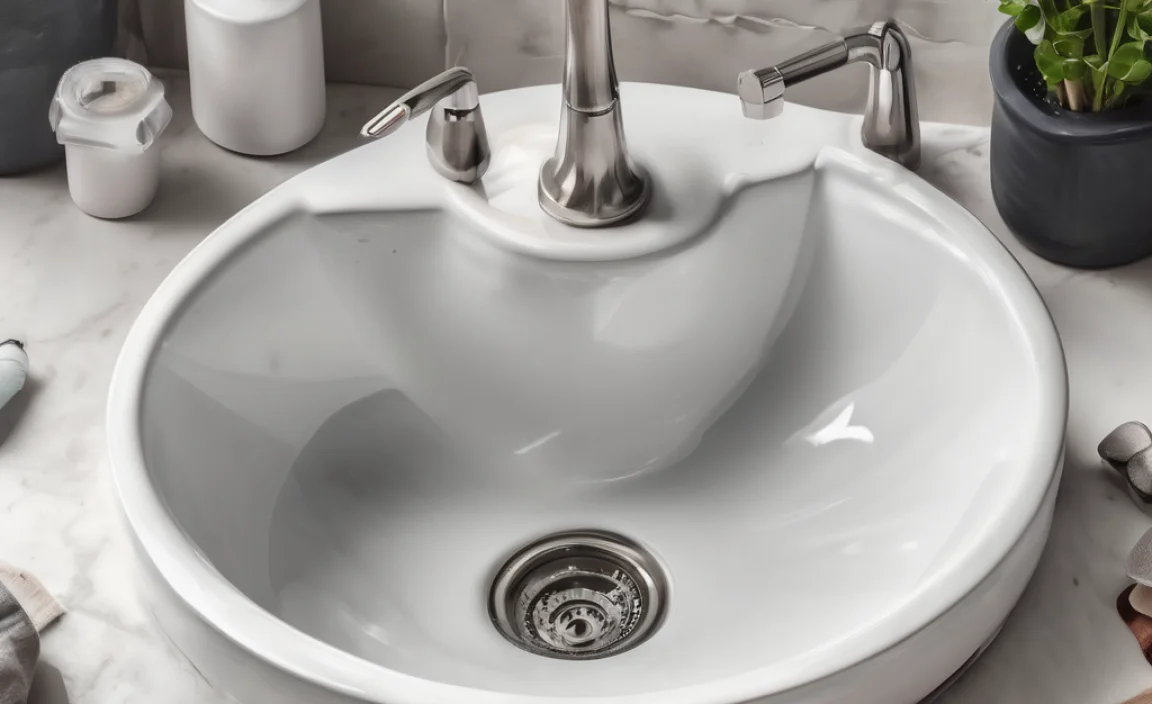
Before calling a plumber, try these DIY solutions to fix a gurgling sink:
1. Clear the Drain
A clogged drain is the most common cause of a gurgling sink. Here’s how to clear it:
- Boiling Water: Pour a pot of boiling water down the drain to dissolve grease and soap buildup.
- Safety Tip: Be careful when pouring boiling water, and avoid using it if you have PVC pipes, as the heat can damage them.
- Plunger: Use a cup plunger to create suction and dislodge the clog.
- How-to: Make sure there’s enough water in the sink to cover the cup of the plunger. Push and pull the plunger vigorously for several minutes.
- Baking Soda and Vinegar: Pour 1 cup of baking soda followed by 1 cup of vinegar down the drain. Let it fizz for 30 minutes, then flush with hot water.
- Why it Works: The chemical reaction helps break down grease and grime.
- Drain Snake: Use a drain snake (also called an auger) to physically remove the clog.
- How-to: Insert the snake into the drain and twist it to break up or grab the clog. Pull the snake out carefully, removing any debris.
2. Check the P-Trap
The P-trap under your sink can accumulate debris. Here’s how to clean it:
- Preparation: Place a bucket under the P-trap to catch any water.
- Disassembly: Loosen the slip nuts that connect the P-trap to the drain pipes. You may need a wrench for this.
- Cleaning: Remove the P-trap and clean out any debris inside. A small brush or tool can help.
- Reassembly: Reattach the P-trap, making sure the slip nuts are tightened securely.
- Test: Run water to check for leaks. If there are leaks, tighten the slip nuts further.
3. Inspect the Plumbing Vent
A blocked plumbing vent can cause air pressure problems. Here’s how to check it:
- Location: Plumbing vents are usually located on the roof.
- Visual Inspection: Check for any visible obstructions, such as leaves, bird nests, or debris.
- Clearing Obstructions: Use a garden hose to flush out any debris from the vent.
- Professional Help: If you can’t reach the vent safely or suspect a more serious blockage, call a professional plumber.
4. Enzyme Drain Cleaners
Enzyme drain cleaners use natural enzymes to break down organic matter in your drain. They’re a gentler alternative to chemical drain cleaners and are safe for all types of pipes.
- How to Use: Follow the instructions on the product label. Typically, you’ll pour the enzyme cleaner down the drain and let it sit overnight before flushing with water.
- Benefits: Enzyme cleaners are effective at breaking down grease, hair, and food particles without damaging your pipes.
When to Call a Plumber
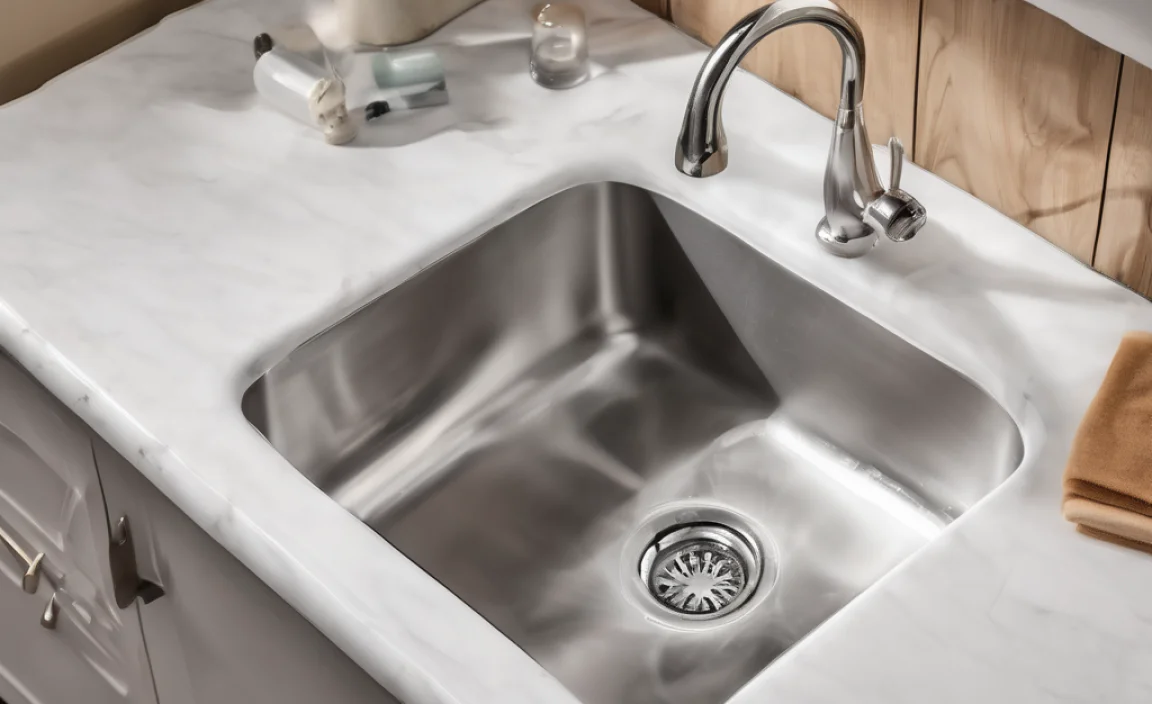
If you’ve tried the DIY solutions above and your sink is still gurgling, it’s time to call a professional plumber. Here are some situations that warrant professional help:
- Persistent Gurgling: If the gurgling continues despite your efforts to clear the drain or check the vent.
- Multiple Gurgling Drains: If multiple drains in your home are gurgling, it could indicate a problem in the main sewer line.
- Sewage Backup: If you experience a sewage backup, it’s essential to call a plumber immediately to prevent health hazards and property damage.
- Unfamiliar with Plumbing: If you’re not comfortable working with plumbing, it’s best to leave it to the professionals.
Preventive Measures: Keeping Your Sink Gurgle-Free
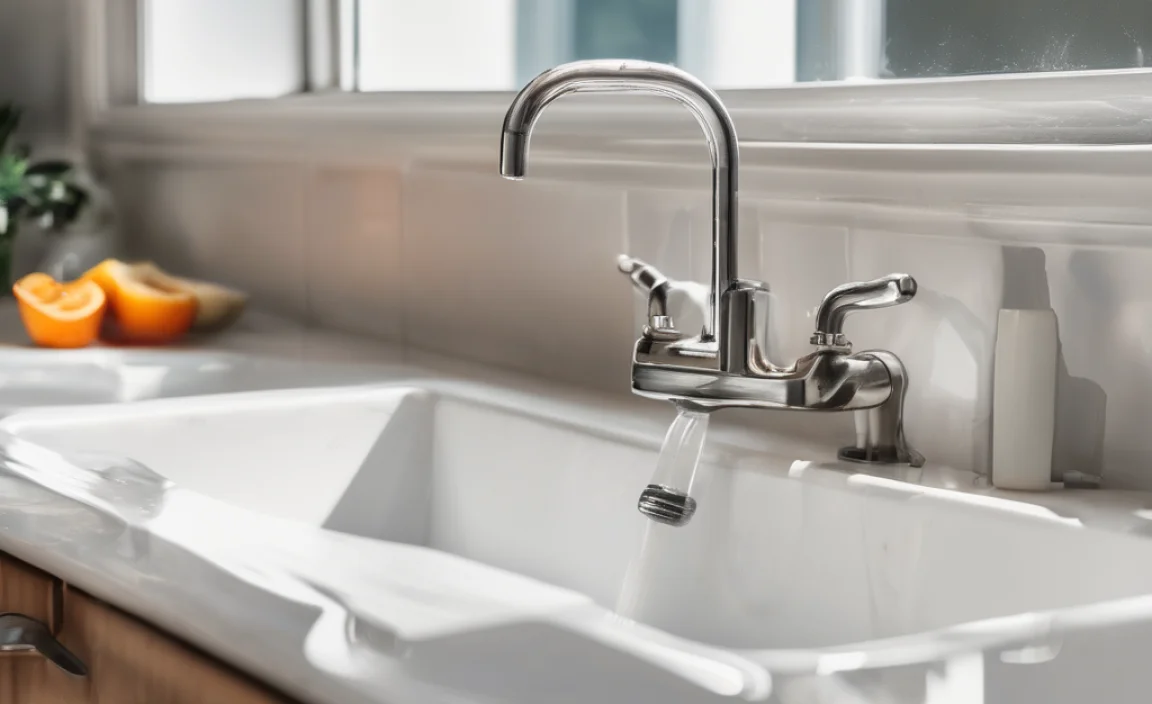
Preventing a gurgling sink is easier than fixing one. Here are some tips to keep your drains clear and your plumbing system healthy:
- Use Drain Strainers: Install drain strainers in your sinks and showers to catch hair, food particles, and other debris.
- Avoid Pouring Grease Down the Drain: Grease solidifies as it cools, causing clogs. Dispose of grease in a container and throw it away.
- Flush Drains Regularly: Flush your drains with hot water regularly to prevent buildup.
- Use Enzyme Drain Cleaners: Use enzyme drain cleaners monthly to maintain clear drains.
- Schedule Regular Plumbing Inspections: Have your plumbing system inspected by a professional to identify and address potential problems early.
Understanding Plumbing Vents
Plumbing vents are crucial for maintaining proper air pressure in your drain pipes. They allow air to enter the pipes, preventing suction that can cause gurgling and slow drainage. Here’s what you need to know about plumbing vents:
- Function: Plumbing vents regulate air pressure in the drain pipes.
- Location: Vents are typically located on the roof.
- Common Problems: Vents can become blocked by leaves, bird nests, and debris.
- Maintenance: Inspect and clear vents regularly to ensure proper airflow.
The Role of the P-Trap
The P-trap is the curved pipe under your sink. It serves two important functions:
- Traps Debris: The P-trap traps debris, preventing it from entering the drain pipes and causing clogs.
- Blocks Odors: The P-trap holds water, which creates a seal that prevents sewer gases from entering your home.
Regularly cleaning the P-trap can help prevent gurgling and unpleasant odors.
Choosing the Right Drain Cleaner
When dealing with a clogged drain, it’s important to choose the right drain cleaner. Here’s a comparison of different types of drain cleaners:
| Type of Drain Cleaner | Pros | Cons | Best For |
|---|---|---|---|
| Boiling Water | Simple, eco-friendly, dissolves grease | Not effective for severe clogs, can damage PVC pipes | Minor grease buildup |
| Plunger | Inexpensive, easy to use | Requires some effort, not effective for all types of clogs | Simple clogs near the drain opening |
| Baking Soda and Vinegar | Natural, non-toxic, effective for mild clogs | Requires time to work, not effective for severe clogs | Mild clogs and odor removal |
| Drain Snake | Effective for removing physical obstructions | Requires some skill, can scratch porcelain | Hair and solid obstructions |
| Enzyme Drain Cleaner | Safe for all pipes, eco-friendly, breaks down organic matter | Takes time to work, not effective for inorganic clogs | Grease, hair, and organic buildup |
| Chemical Drain Cleaner | Fast-acting, effective for severe clogs | Corrosive, harmful to pipes, dangerous to handle | Severe clogs (use with caution) |
Gurgling Sink vs. Other Drain Noises
It’s important to distinguish between a gurgling sink and other drain noises. Here’s a comparison:
| Noise | Description | Possible Cause | Action |
|---|---|---|---|
| Gurgling | Bubbling or gulping sound | Clogged drain, vent problems, sewer line issues | Try DIY solutions or call a plumber |
| Whistling | High-pitched whistling sound | Loose or damaged pipe connections, high water pressure | Check for leaks, adjust water pressure |
| Banging | Loud banging sound when water is turned on or off | Water hammer (sudden stop of water flow) | Install water hammer arrestors |
| Dripping | Constant dripping sound | Leaky faucet or pipe | Repair or replace faucet/pipe |
FAQ: Your Gurgling Sink Questions Answered
Is a gurgling sink always a sign of a clog?
Not always. While a clog is a common cause, gurgling can also indicate problems with your plumbing vents or even issues in the main sewer line.
Can I use chemical drain cleaners to fix a gurgling sink?
While chemical drain cleaners can be effective, they’re harsh and can damage your pipes. It’s best to try gentler methods like boiling water, plungers, or enzyme cleaners first.
How often should I clean my P-trap?
Cleaning your P-trap every 6-12 months can help prevent clogs and gurgling. If you notice slow drainage or unpleasant odors, it’s a good time to clean it.
What are plumbing vents, and why are they important?
Plumbing vents are pipes that allow air to enter your drain system. They regulate air pressure, preventing suction that can cause gurgling and slow drainage.
How can I prevent clogs in my sink?
Use drain strainers to catch hair and debris, avoid pouring grease down the drain, and flush your drains with hot water regularly.
Is it safe to pour boiling water down my drain?
Boiling water is generally safe for metal pipes, but avoid using it if you have PVC pipes, as the heat can damage them. Always exercise caution when pouring boiling water.
When should I call a plumber for a gurgling sink?
If you’ve tried DIY solutions and the gurgling persists, or if you experience sewage backups or multiple gurgling drains, it’s time to call a professional plumber.
Conclusion
A gurgling sink might seem like a small issue, but it’s a sign that something’s not quite right with your plumbing system. By understanding the common causes and following these simple DIY solutions, you can often fix the problem yourself. Remember to take preventive measures to keep your drains clear and your plumbing system healthy. If you’re not comfortable tackling the problem yourself or if the gurgling persists, don’t hesitate to call a professional plumber. Taking care of your plumbing system will prevent costly repairs and ensure a smoothly running home.

